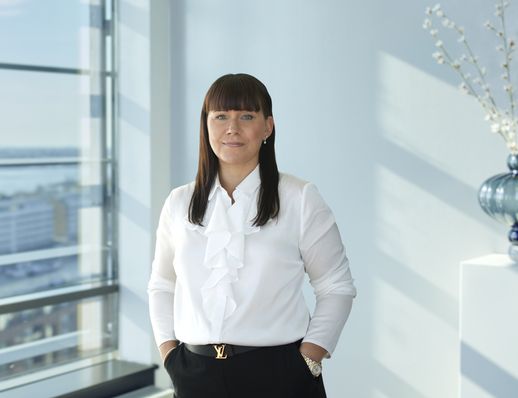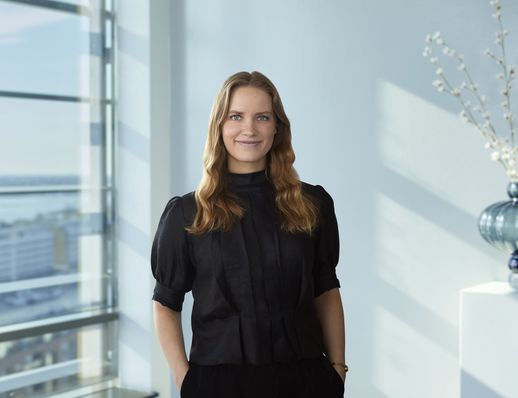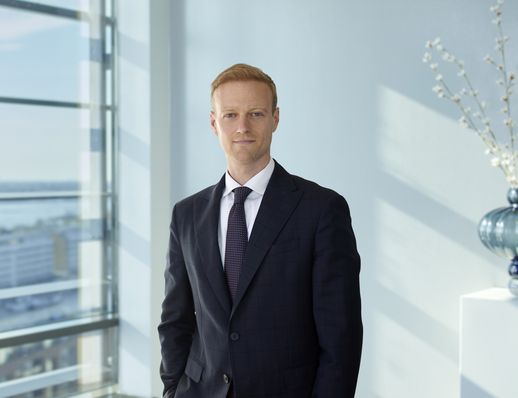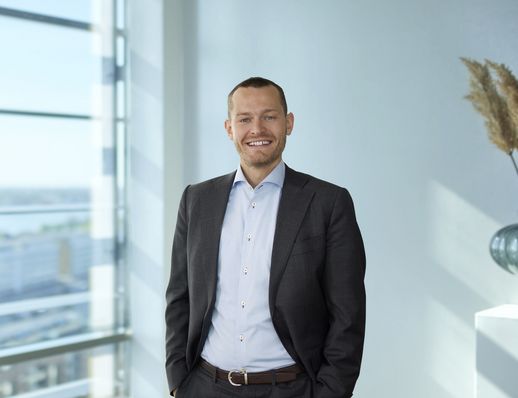Our specialists

Kristoffer Thorborg
Attorney-at-Law (L)
Partner

Maria Holst Levin
Attorney-at-Law
Partner

Niklas Korsgaard Christensen
Attorney-at-Law (H)
Managing Partner
MBA

Peter Fogh
Attorney-at-Law (H)
Partner

Agnes Skovlund Jensen
Attorney-at-Law

Amalie Paugan
Attorney-at-Law
Director

Anne Aagaard Madsen
Attorney-at-Law
Manager

Frederik Lenskjold Olsen
Attorney-at-Law
Director

Frederik Leth Keller
Attorney-at-Law
Director

Jakob Schmidt Jensen
Attorney-at-Law
Manager

Jan De Clerck
Legal Counsel
Director
MBA

Johannes Wieth-Klitgaard
Attorney-at-Law

Katrine Nørskov Rahbek
Attorney-at-Law

Marcus Elskær Mollerup
Attorney-at-Law
Director

Nanna Hytoft
Attorney-at-Law

Peter Damsgaard Eriksen
Attorney-at-Law
Manager

Sara Sadolin
Attorney-at-Law

Sophie Elisabeth Haxthausen
Attorney-at-Law
Selected cases
Case News
Energy and Infrastructure
Plesner involved in Europe's first full-scale CCS facility
Case News
Energy and Infrastructure
Corporate Law
Tax
RWE sells 49% of the largest offshore wind farm in Denmark - Thor Wind Farm
Case News
Energy and Infrastructure
Faerch signs long-term Power Purchase Agreement with Eurowind Energy in Poland
Case News
Banking and Finance
Energy and Infrastructure
M&A
Alight acquires Lidsø solar park
Case News
Energy and Infrastructure
TotalEnergies acquires majority stakes in two Danish offshore wind projects
Case News
Energy and Infrastructure
CIP acquires majority stake in the Toqlukuti'k wind and hydrogen project
Case News
Energy and Infrastructure
New international airport in Nuuk opens today
Case News
Energy and Infrastructure
Plesner advises on the sale of 40 wind turbines in Germany to European Energy
Case News
Energy and Infrastructure
M&A
Sønderborg Varme og Broager Fjernvarme sammenlægges
Case News
Energy and Infrastructure
The Tyra Redevelopment Project reaches first gas
Case News
Energy and Infrastructure
TotalEnergies and European Energy enter into strategic cooperation
Case News
Energy and Infrastructure
SEF sells German wind farm to European Energy
Case News
Energy and Infrastructure
M&A
Banking and Finance
Plesner advised Nordic Solar with EUR 300m flexible credit facility
Case News
Energy and Infrastructure
Andel acquires Tryggevælde Solar Park
Case News
Energy and Infrastructure
Environmental, Social & Governance (ESG)
VELUX A/S and BayWa r.e. sign corporate power purchase agreements based on Spanish projects
Case News
Energy and Infrastructure
Environmental, Social & Governance (ESG)
Plesner advises Commerz Real on investment in solar energy portfolio of up to 1 GW
Case News
Energy and Infrastructure
Environmental, Social & Governance (ESG)
Plesner has assisted Equinor with the acquisition of the Danish solar developer BeGreen
Case News
Energy and Infrastructure
Environmental Law and Planning Law
Construction
The Baltic Pipe pipeline has now officially opened in Poland
Case News
Energy and Infrastructure
Environmental, Social & Governance (ESG)
Anesco concludes its first agreement on developing energy projects in Denmark
Case News
M&A
Energy and Infrastructure
Mutares purchases Arriva Group's businesses in Denmark and Serbia as well as its bus business in Poland
Case News
Energy and Infrastructure
Nordic Solar, EWII and Skjern Paper sign corporate power purchase agreement
Case News
Energy and Infrastructure
Meta signs corporate power purchase agreements with Luxcara
Case News
Energy and Infrastructure
Greenland
Kalaallit Airports signs contract with Canadian Pennecon Heavy Civil
Case News
Energy and Infrastructure
Plesner advises on agreement for development of EU's largest geothermal heating plant
Ratings

Plesner's Copenhagen-based desk is notably active in the development, construction and financing of infrastructure projects in Greenland, including public procurement law matters. The law firm also advises mining and energy companies on licenses in Greenland. Niklas Korsgaard Christensen is the key contacts for this desk.
2025
Chambers Global

Plesner has been ranked as regards Greenland - Foreign Firms.
2024 + 2025
The Legal 500

Plesner's Copenhagen-based desk is notably active in the development, construction and financing of infrastructure projects in Greenland, including public procurement law matters. The law firm also advises mining and energy companies on licenses in Greenland.
2024
Chambers Global

Plesner has been ranked in Tier 1 as regards Greenland - Foreign Firms.
2023
The Legal 500

Plesner's Copenhagen-based desk is notably active in the development, construction and financing of infrastructure projects in Greenland, including public procurement law matters.
2022 - 2023
Chambers Global
Related news
Case News
Energy and Infrastructure
Plesner involved in Europe's first full-scale CCS facility
Case News
Energy and Infrastructure
Corporate Law
Tax
RWE sells 49% of the largest offshore wind farm in Denmark - Thor Wind Farm
Plesner News
Plesner achieves top-tier rankings in Legal 500
Case News
Energy and Infrastructure
Faerch signs long-term Power Purchase Agreement with Eurowind Energy in Poland
Case News
Banking and Finance
Energy and Infrastructure
M&A
Alight acquires Lidsø solar park
More Sub Practice Areas under Energy and Infrastructure